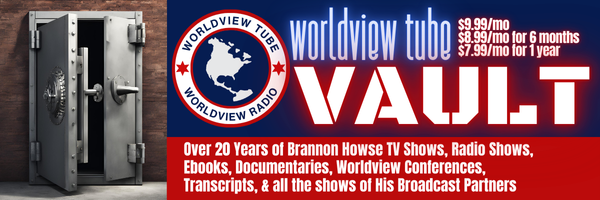Crosstalk: November 1, 2017
500 years ago on this day, Martin Luther began what is known as the Protestant Reformation. Luther was considered an outlaw, taken into hiding, he translated the New Testament into German, stood up for what he believed and defended his position at the Diet of Worms. What did he believe? The just shall live by faith.
Joining Jim to discuss the Reformation was Mike Gendron. Mike is the founder and director of Proclaiming the Gospel Ministry. Mike was a devout Roman Catholic for 34 years and was taught to rely upon the authority of the church above all else. He faithfully followed the priests, the sacraments and depended on his good works for salvation. Mike began searching the Scriptures and was amazed to find that what he read in Scripture contradicted the teaching and tradition of the church he had been a part of for so long. He trusted Jesus as his Savior and now the Bible has become his sole authority in all matters of faith.
Mike took listeners back as he noted how Yohann Tetzel, a representative from the Vatican, was selling indulgences to people for the opportunity to get loved ones removed from the burning fires of purgatory. That practice outraged Luther.
On November 1st, Roman Catholics would be coming to the church to worship over 1,900 relics of dead saints. They were told that if they'd do that, coupled with confession to a priest, their sins would be forgiven and they would receive a plenary indulgence. Since Luther knew this would be taking place, he nailed his Ninety-Five Theses in protest on the church door of Castle Church in Wittenberg, Germany, one day before on October 31st, 1517.
Jim had Mike comment on a number of points related to this important day and specifically what Luther was concerned about as we see in his Ninety-Five Theses. For example:
--Luther made it clear that repentance and the sacrament of penance are not the same. Mike points out a clear mistranslation in the Roman Catholic Latin Vulgate regarding this issue.
--Luther believed that the Pope doesn't desire nor is he able to remit any penalties except those imposed by his own authority or that of the canon, and the Pope cannot remit any guilt except by declaring and showing that it's been remitted by God. Mike comments on this challenge to papal authority.
--Luther also said that the Pope did not have the 'keys'. What did he mean by that?
--Luther also believed that the priests were acting ignorantly and wickedly. On what did Luther base this charge?
--Does the Bible address purgatory?
--What was the Counter-Reformation?
There's much more on this edition of Crosstalk, which is a fascinating history lesson discussing a critical moment in church history. Jim has Mike bring clarity to it all, along with information on how you can obtain more information for your personal study.



































